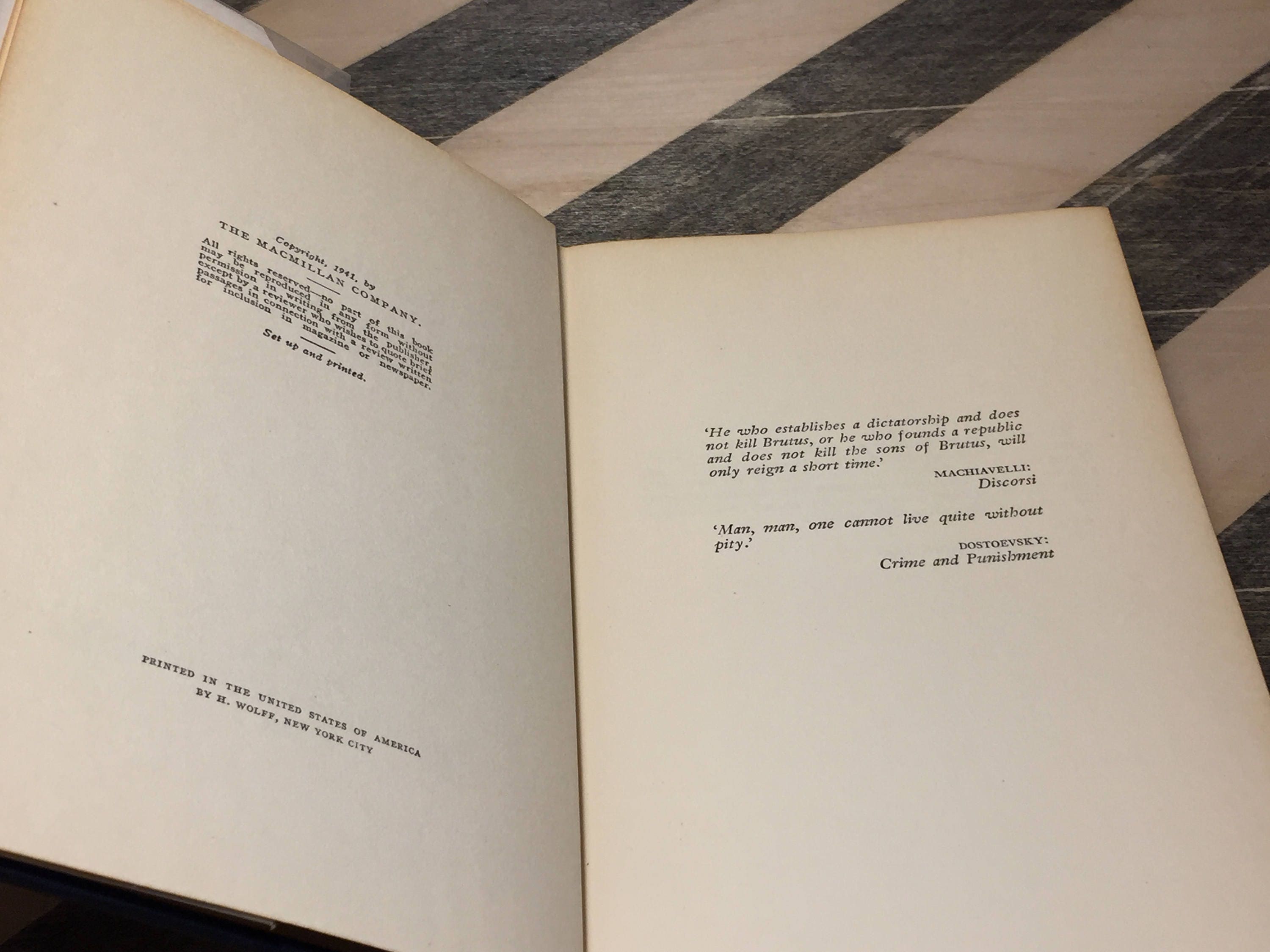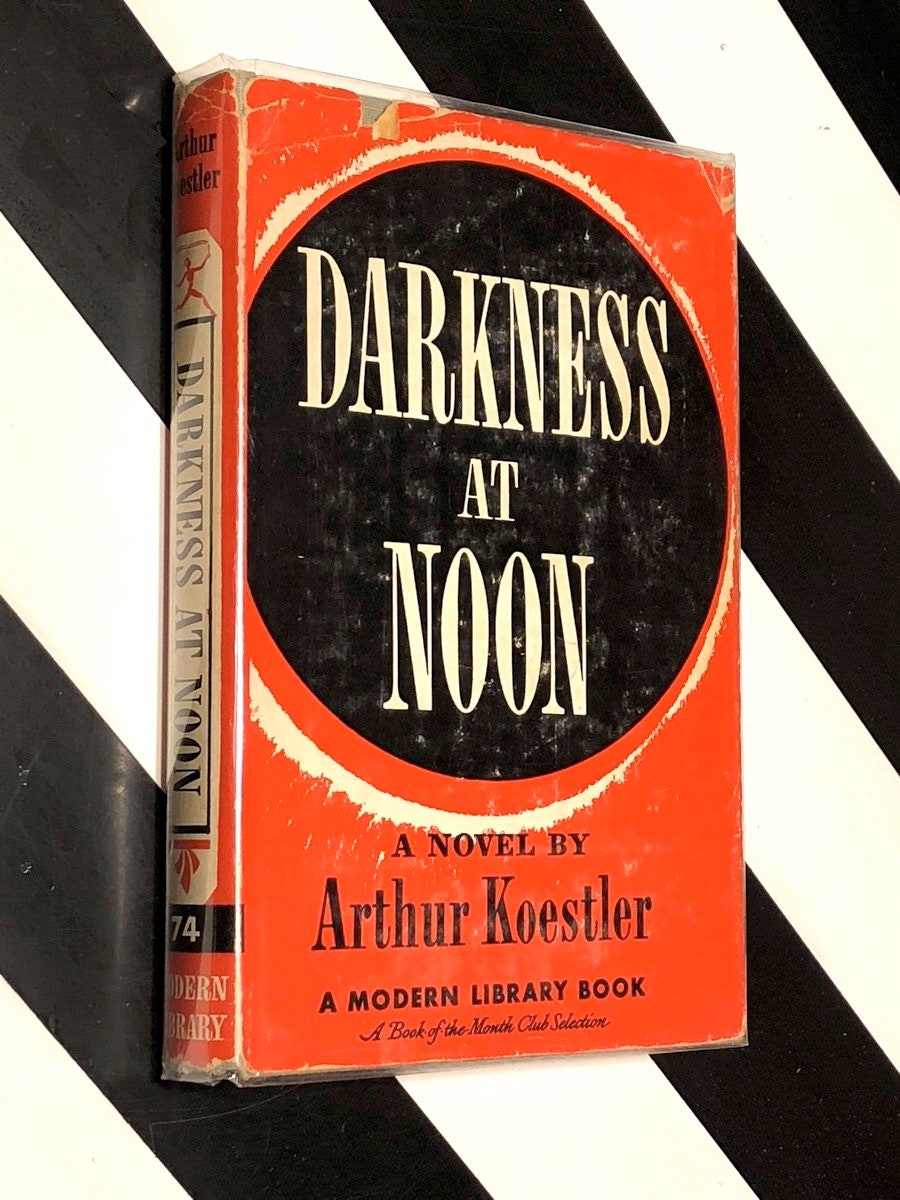


Gletkin replaces Ivanov, who is relieved of his duties, arrested, and executed for his mismanagement of Rubashov’s case. Rubashov has no personal history with Gletkin, but he sees him as the logical result of the regime created by the Revolution. His rigid posture and expressionless demeanor make him seem more machine than man he is the embodiment of logic. As such, Gletkin’s examinations of Rubashov, aided by the physical pressures of sleep deprivation and blinding white light, trap Rubashov in logical “truths” that do not accurately account for his individual reality, such as the “truth” that the logical conclusion of Rubashov’s opposition to the Party would be an attempt to assassinate its leader. That Rubashov is not actually guilty of this crime makes no difference, and given Rubashov’s own adherence to the ideology of “consequent logic,” he feels compelled to acknowledge this “truth”. By the end of Part Three, Gletkin’s relentless, inhuman logic, and Rubashov’s guilty conscience and intense desire for sleep lead to his full confession of crimes he did not commit but, logically, should have.

Part Three, “The Third Hearing,” narrates Rubashov’s sessions with Gletkin, his second examiner.

Part Two, “The Second Hearing,” consists of three major elements: Rubashov’s memory of Arlova, the lover he betrayed and who was executed as a result the death march of his old friend Bogrov, who is dragged past Rubashov’s cell door whimpering and moaning Rubashov’s name and Rubashov’s lengthy examination by Ivanov, whose ultimate goal is to convince Rubashov, through philosophical discussion, to reestablish and declare his sincere allegiance to the Party. Though Rubashov is mostly convinced by Ivanov by the end of this section, “The Second Hearing” provides the space for Rubashov to clearly articulate his critique of Party politics and more fully develop his understanding of his own complicity in its repressive machinery. Part One, “The First Hearing,” chronicles Rubashov’s arrest and first week in prison. Through his flashbacks and conversations with Ivanov, Rubashov’s old friend and first examiner, we are introduced to Vassilij, the porter in Rubashov’s apartment building who returns to the story in Part Four. We also learn the details surrounding Rubashov’s involvement with the expulsion of two Party members, Richard in Germany and Little Loewy in Belgium. The fates of these two men, one presumably dead and the other a confirmed suicide, weigh heavily on Rubashov’s conscience and are the underlying motivation for his opposition to Party politics.


 0 kommentar(er)
0 kommentar(er)
